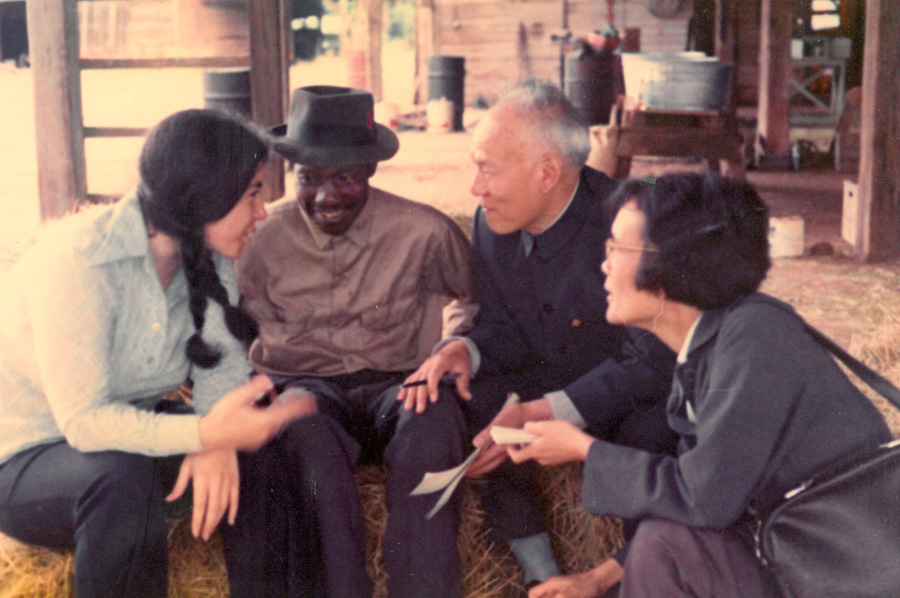A lifetime later, the show still goes on


"So we went backstage to talk to the head of the Chinese delegation. We explained the situation and said: It's up to you as to whether you want to continue the show or not. If the answer is yes, we'll wait for an hour before bringing back the audience; if it's no, we'll just miss this one performance and begin again tomorrow.
After conferring briefly, they said: 'Yes, we want to do it.'"
In the theater world there's a saying for such situations, that "the show must go on", Berris says.
"The Chinese decision was very much in that flavor."
Forty-seven years later, Berris, vice-president of the National Committee on U.S.-China Relations in New York, was sitting in her office steps away from Times Square, reminiscing about a career that has provided her a front-row seat to chapters of history filled with drama and tumult.
"I used to look out of my office window into the Biltmore Hotel, a wonderful old hotel in New York. It was where the Shenyang acrobats and the Chinese martial arts team stayed. … But before them it was the ping-pong team."
For more than two weeks in April 1972 the Chinese Table Tennis Team toured the US, visiting a number of cities and playing friendly matches. A year before, their American counterparts had been invited to visit China, the first American delegation since 1949.
Dubbed ping-pong diplomacy, these mutual gestures symbolized a thaw in what was once seen as a perennially frozen relationship.
























